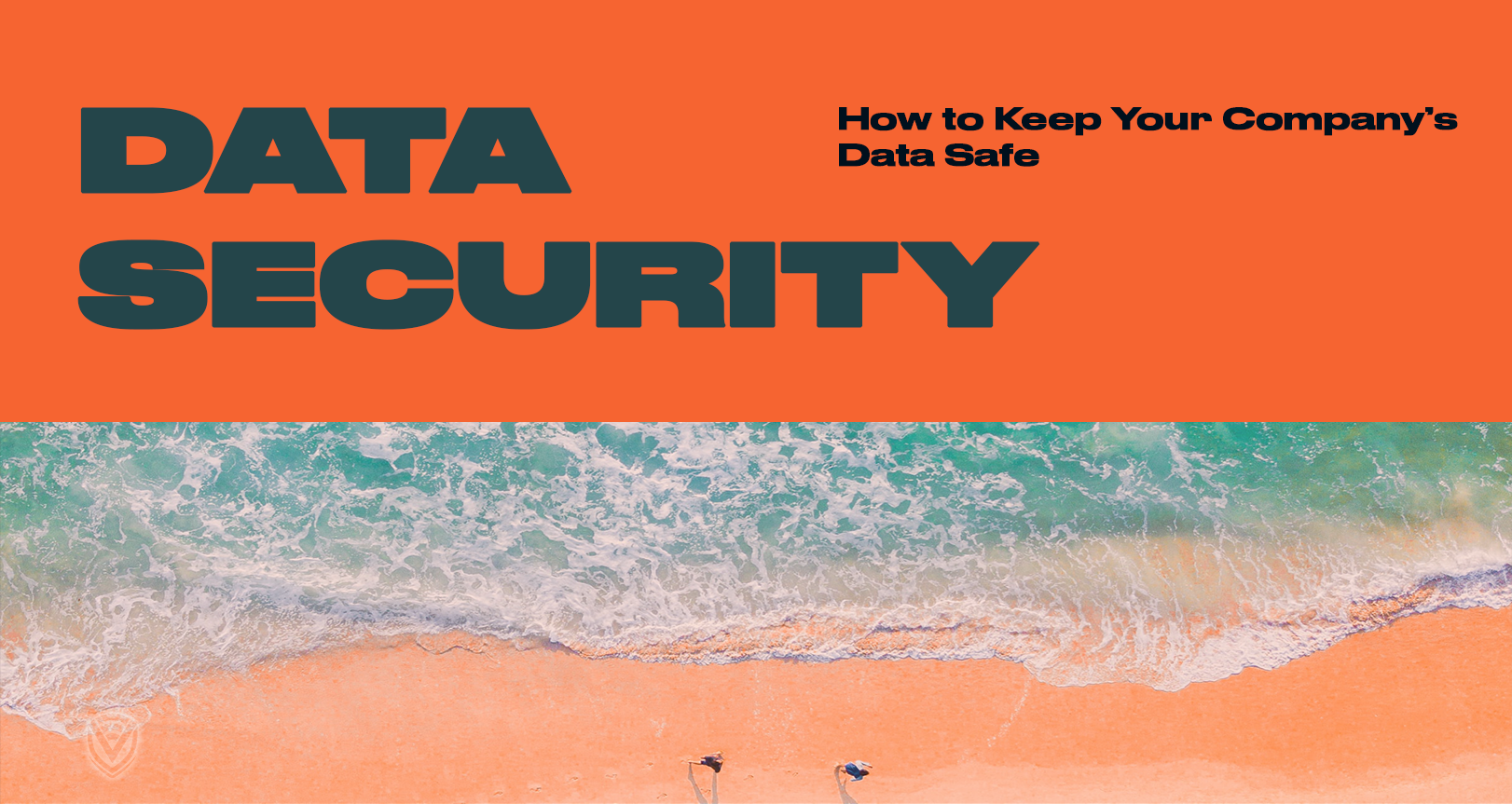
With the modern widespread use of the internet, having an internet presence can be crucial to a company’s success. In fact, there are countless companies that conduct their business completely online. It is very convenient for a customer to be able to purchase products without leaving the comfort of their own house.
Unfortunately along with the benefits, come some serious disadvantages. As more and more entities begin storing their data online, the risk of this data getting compromised grows. Cybercriminals are finding new ingenious ways of how to get access to your data, thereby making online security a crucial point to address. To help keep your and your customers’ data out of malicious hands, we have created a small guide along with some tips and tricks.
Encryption and SSL
Once considered a luxury, nowadays having your connection encrypted is the standard. Almost any site you visit will have an SSL (i.e. Secure Socket Layer) protocol running in order to encrypt the data transferred to and from the site. If you are running an online business that has to deal with people’s sensitive information, having an SSL is crucial to keeping that information safe.
VPN
Although having an SSL on your site will protect your site’s visitors’ data, it is best to also keep all the data going in and out of your network from getting into the wrong hands.
The simplest way to achieve this is to urge your employees to use a VPN whenever they are using the internet. It creates a private encrypted network between the system and the VPN server.
Web Application Firewalls
There are many dangers lurking around on the internet and without a web application firewall (i.e. WAF), your website is much more susceptible to them.
A WAF scans incoming traffic for irregularities contained in incoming requests and blocks ones which it considers to be malicious to your site. Web application firewalls primarily focus on HTTP code.
Strong Passwords
You have surely heard this one before: have your passwords consist of a minimum of 8 characters with at least one uppercase, one lowercase, one special character, and one number. In fact, some sites require you to use a combination of the above in order to be able to register with them.
With the constant improvement in the computing power of modern systems, a very simple password could be brute-forced within seconds. Therefore complexity is key to keeping your passwords truly yours.
Having a complex password is important, however, it is also a good practice to change all the passwords frequently. A general rule of thumb is changing your password every 30 to 180 days.
Secure Backups
Hardware sometimes simply fails, thus keeping backups of your data is a good business practice. You want to make sure that the most important information is not lost.
On the other hand, however, having another place to store your data is adding another risk for the data’s security as it is one more server that could possibly be compromised. For this specific reason, you must keep your backup server on the same level of security as your main ones.
Research Possible Dangers
There are countless threats out there on the World Wide Web. It is good to know what they are and how to protect yourself and your business against them. Keeping up to date with the newly arising security threats and always taking measures against them will help you keep your sensitive data safe.
Do you value your privacy online?
Use VPN Surf and surf safely and securely in the open waters of the internet.
